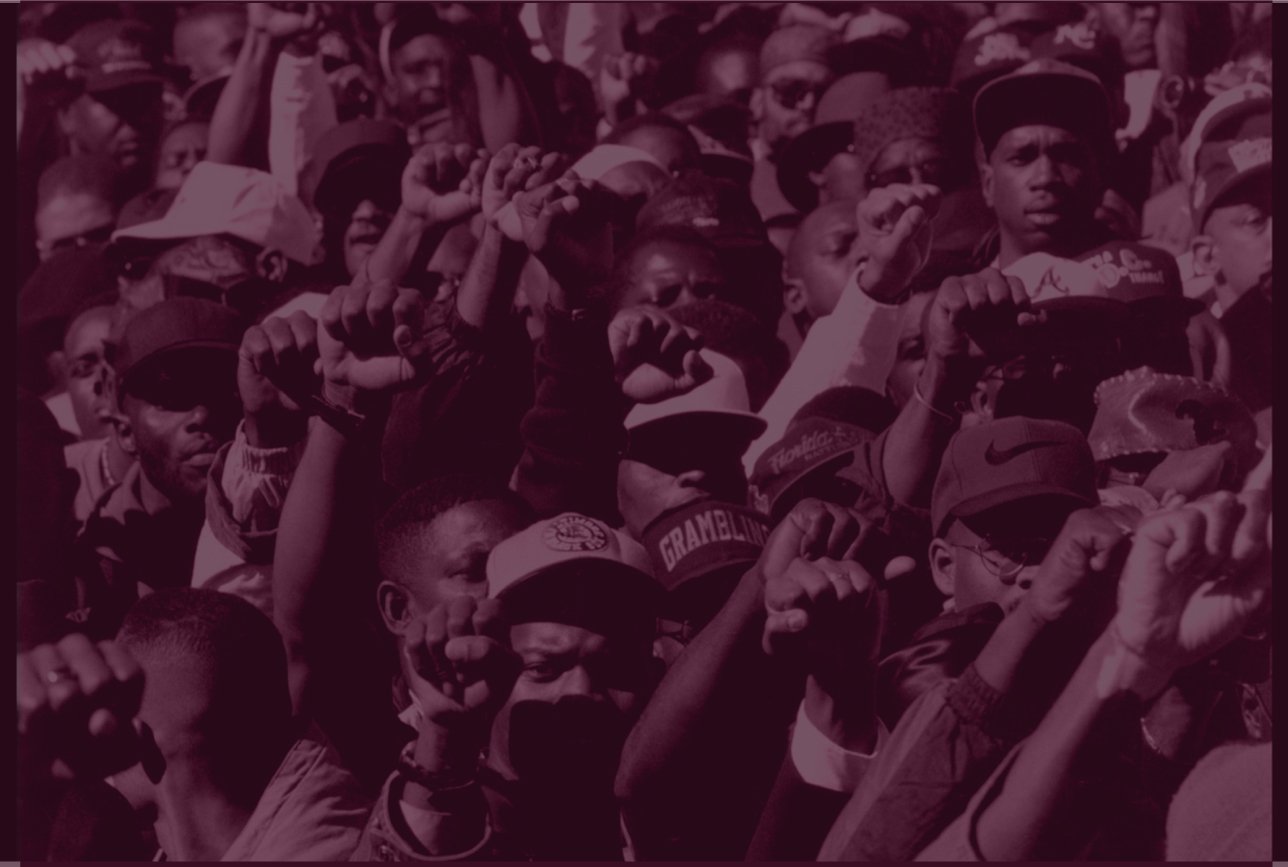
Covid-19 Response

Since the onset of COVID-19, Movement Law Lab has rapidly created space for movement lawyers around the world to exchange, think and strategize together.
In moments of crisis, movement lawyers have an essential role to play. As such, the Lab rapidly created the infrastructure for movement lawyers across the United States and the world to discuss how the pandemic is impacting the most vulnerable people around the world. To date, we have build the communications, technological and organizing infrastructure for movement some of the best legal thinkers around the world to:
Exchange real-time information about how COVID-19 is impacted the most vulnerable communities
Identity and surfaces replicable life-saving legal tactics
Lay the groundwork for transnational legal work that can lead to systems change
Our Findings
Workers are facing extreme levels of exploitation
Despite the essential services they are providing, low-wage workers like farmworkers, janitors and grocery workers are living in extreme precarity. At the same time, new tools of surveillance are threatening the efforts of workers to take collective action.
There is insufficient access to shelter, food and services
Lockdowns across the world mean dire consequences for those working in the informal economy or the working poor. The inability to work or earn a livelihood is leading to a cascade of challenges including inability to pay for shelter, healthcare, other basic needs. Those who live in informal settlements are practically unable to shelter in place due to a lack of access to running water, food, sanitation and basic services.
Marginalized populations are being hit hardest
Pre-existing conditions of inequality and discrimination have deepened the crisis for marginalized populations. Across the world, refugees and undocumented communities are being left out of emergency relief funds and state-run assistance. People are languishing in jails and prisons without adequate social distancing or access to medical care. Racial and religious minorities are being scapegoated as the cause of the virus and/or dying disproportionately from the virus.
The crisis is facilitating rises in repression and erosion of democracy
Broad scale public health orders and states of emergency have opened the door to greater surveillance, vigilantism, crackdowns on freedom of movement and criminalization of those experiencing homelessness. Authoritarian leaders have seized upon this moment to further consolidate power and make structural changes that undermine democratic institutions and ideals.
